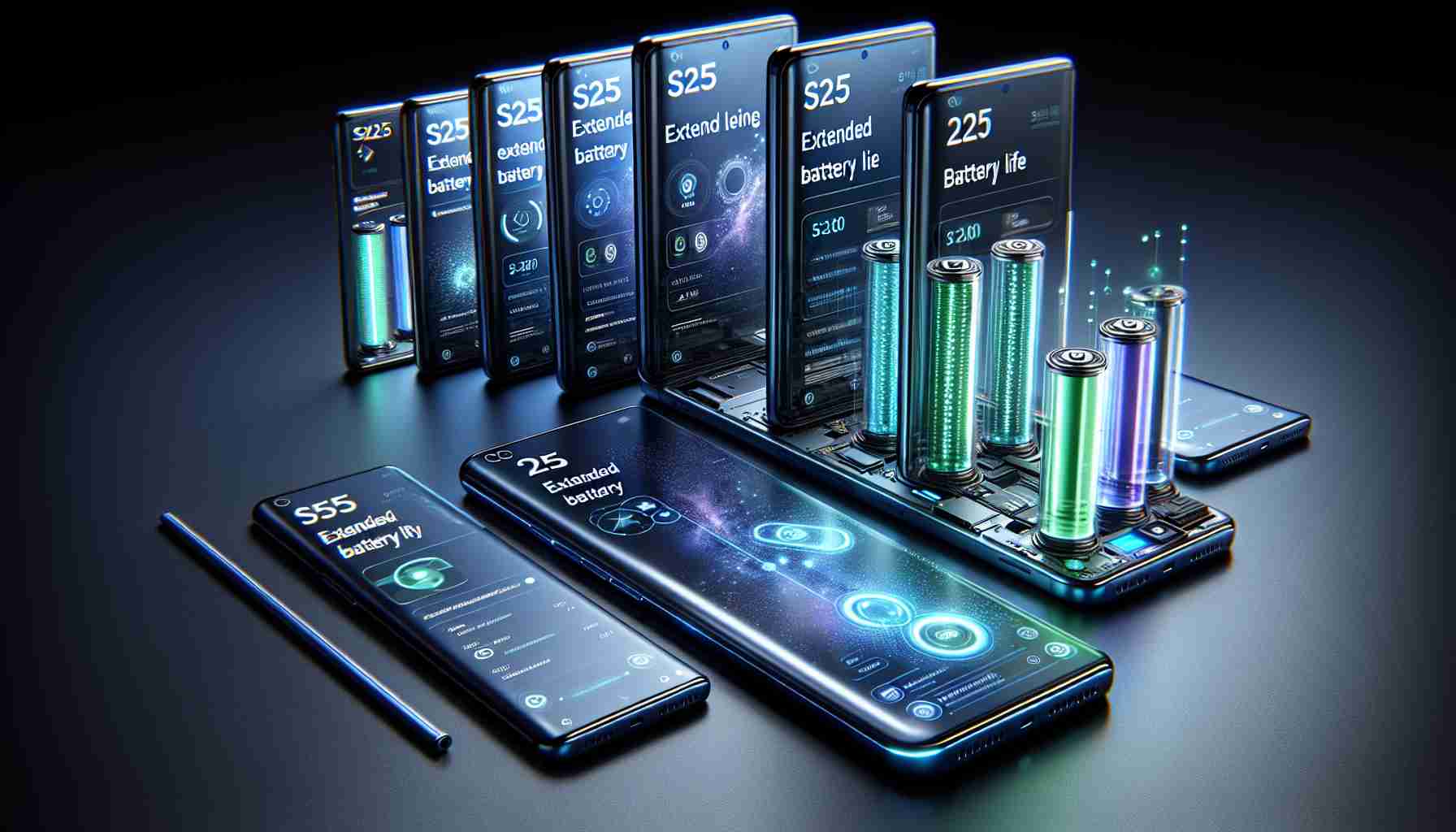A New Era of Intelligent Battery Management
Samsung’s upcoming Galaxy S25 series aims to redefine smartphone battery life through artificial intelligence. Anticipation grows as leaks suggest that these new gadgets could showcase unprecedented energy efficiency. While Samsung previously introduced AI battery optimization in their S24 lineup, the Galaxy S25 models are expected to bring significant advancements to the technology.
With an innovative approach, the Galaxy S25 Ultra is anticipated to extend battery longevity by 5% to 10%. Unlike traditional power-saving techniques that throttle CPU performance, the latest developments hinge on sophisticated AI capacities to take a smarter route.
Intuitive Power Conservation
This cutting-edge system will focus on assessing and managing background applications that traditionally drain resources without providing user benefits. By learning individual usage habits, the AI will strategically shutdown unnecessary tasks, allowing users to conserve battery without compromising on performance.
Especially promising for devices with more limited battery capacities, such as the Z folds, this breakthrough underscores Samsung’s commitment to integrating AI technologies into its products. As rivals in the smartphone industry increasingly incorporate AI into their designs, Samsung is poised to stay competitive by offering improvements that directly enhance the user experience.
The idea behind these AI-driven innovations veers towards creating a smoother, more personalized interaction between Samsung smartphones and their users. By harnessing the power of intelligent learning and generative techniques, the Galaxy S25 lineup is primed to outshine competitors through its resourceful AI battery life enhancements.
Advanced AI and Battery Life Enhancement in Smartphones
Understanding the critical context surrounding Samsung’s move to integrate advanced AI in the Galaxy S25 series for battery life management requires considering the broader landscape of smartphone technology. The battery life of mobile devices has long been a challenge for manufacturers and a primary concern for users. As smartphone functionalities expand, the need for efficient battery usage becomes increasingly essential.
Notably, previous models, like the Galaxy S24, have set the groundwork with their AI optimization features. The progression to the Galaxy S25 series represents a significant step forward with more refined AI technology focusing on smarter energy management.
Key Questions and Insights
Pros and Cons of Advanced AI for Battery Management
The adoption of advanced AI for battery life enhancement comes with several advantages:
On the other hand, there are potential disadvantages to consider:
For those interested in more information on the latest Samsung products or AI technology’s role in enhancing consumer electronics, here are some related links:
– Samsung: Samsung
– AI and Consumer Electronics: IEEE
Note that the above URLs direct you to the main domains for Samsung and IEEE, which will contain information on Samsung products and AI in electronics, respectfully. Always ensure that websites visited are secure and that the information is from a reliable source.
